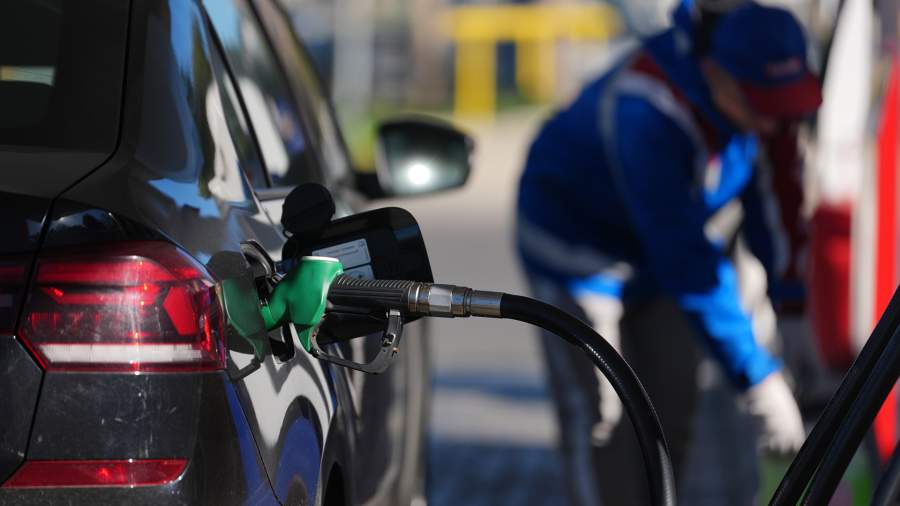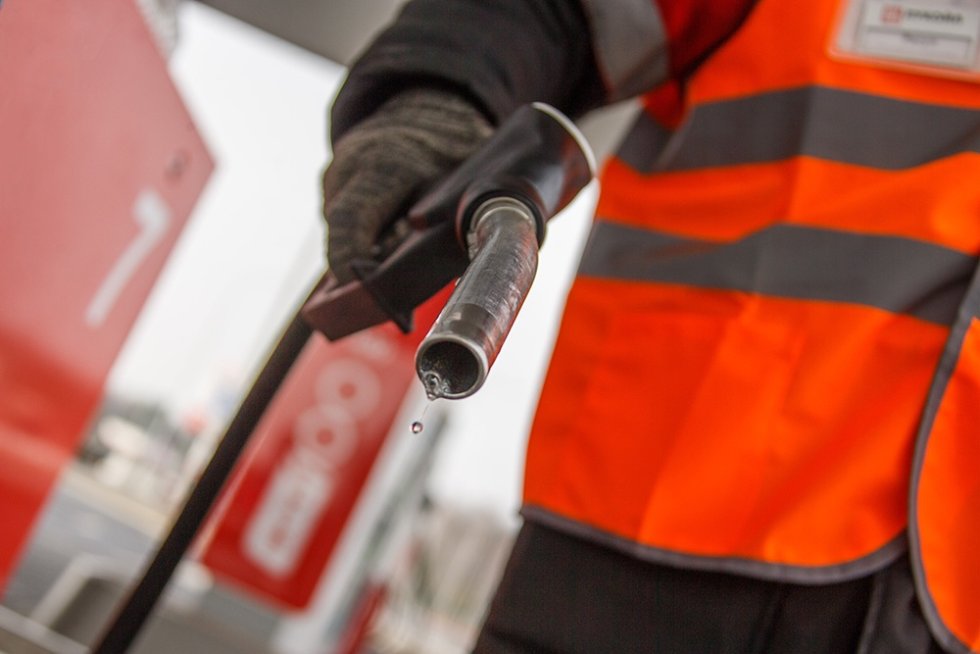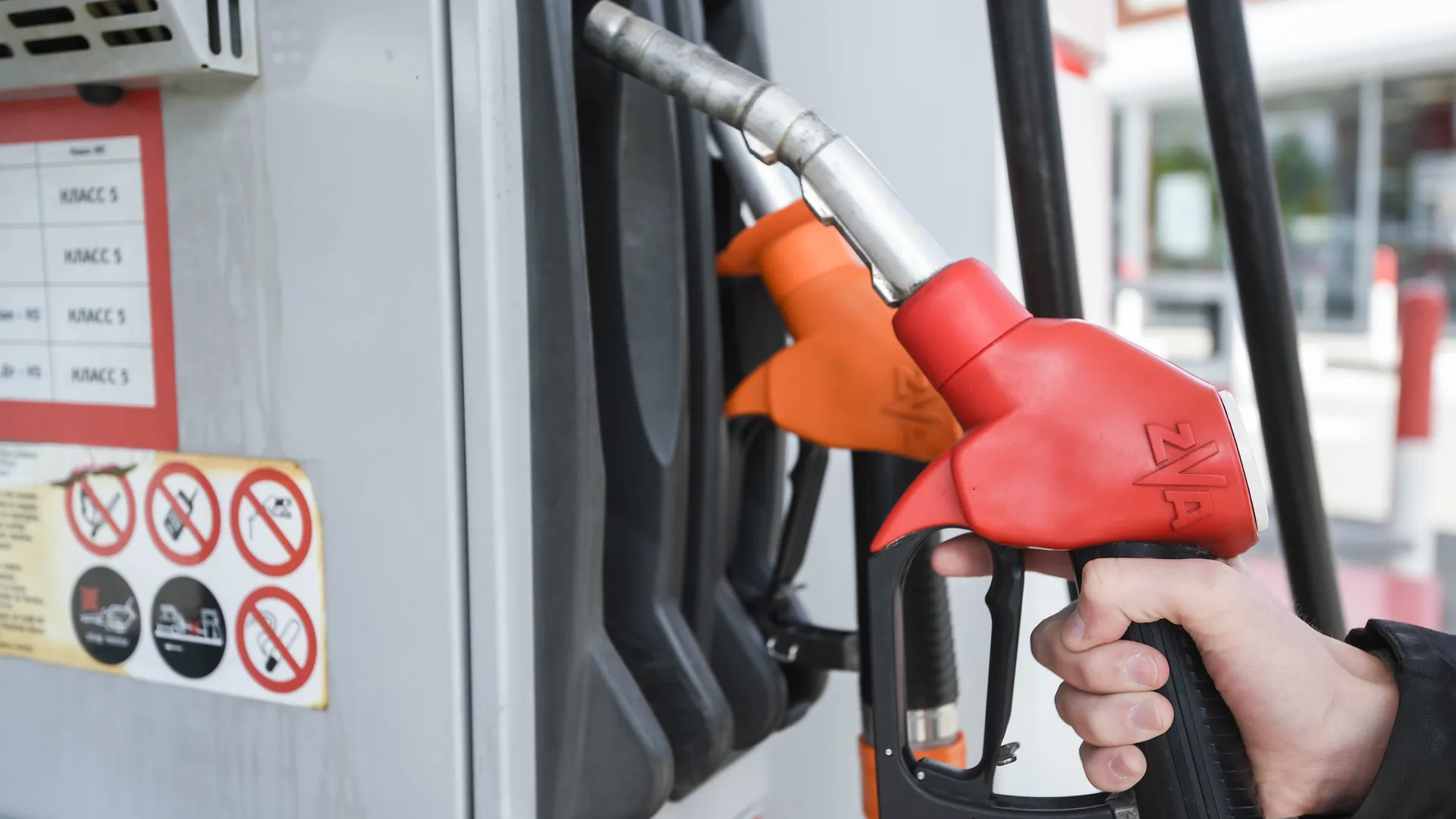Hungary Secures Right to Continue Purchasing Pipeline Oil and Gas from Russia Against U.S. Opposition
Hungarian authorities have managed to negotiate with the United States to exempt the supply of Russian energy resources via the "Druzhba" and "Turkish Stream" pipelines from sanctions, stated Prime Minister Viktor Orbán. He held talks in Washington with U.S. President Donald Trump on Friday.
Oil is supplied from Russia via "Druzhba," and gas via the "Turkish Stream." "Hungary will maintain low energy prices," Orbán said, according to EFE.
Furthermore, U.S. sanctions against the construction project of the Paks II nuclear power plant have been completely lifted, removing the need for an extension of the exemption, Orbán revealed. The new nuclear power plant is being constructed by Rosatom.
How did Hungary manage to secure such favor from the American president? In exchange, Hungary promised to sign an important intergovernmental agreement on nuclear cooperation. This agreement is primarily of significant importance to Washington, and here’s why.
This agreement includes three key points, as outlined by Hungarian Foreign Minister Péter Szijjártó. First, the delivery of American nuclear fuel from Westinghouse for the existing nuclear power plant in Paks, amounting to $114 million, in addition to Russian fuel. Hungary is agreeing for the first time to utilize non-Russian fuel for Soviet-designed nuclear reactors. Second, Hungary promises to use American technology in the construction of a spent nuclear fuel (SNF) storage facility. Finally, Hungary intends to utilize American technologies in the construction of small modular reactors (SMRs). Hungary aims to support the construction of up to ten such reactors, valued at approximately $20 billion.
Until now, Hungary has partnered exclusively with Rosatom in the field of peaceful nuclear energy, including during Soviet times. Today, the Russian nuclear company is a global leader in this sector. It distinguishes itself from competitors not only by its ability to build turnkey nuclear power plants but also by the speed of construction. European and American competitors are often criticized for their lengthy construction periods, in contrast to the experienced Rosatom. The longer a construction project takes, the more expensive it becomes. Additionally, the company provides a comprehensive service package - not only constructing and supplying cutting-edge nuclear reactors, but also training personnel, providing maintenance, and ensuring fuel supply for the entire lifespan of the nuclear power plant (which can reach up to 60 years). Furthermore, Russia offers loans if necessary for construction, and after the plant commences operations, it even takes on the responsibility of handling and processing the spent nuclear fuel. The customer has little to worry about – everything is managed by the Russian company.
The American company Westinghouse has lagged behind Rosatom and has spent the last decade attempting to catch up and penetrate markets traditionally dominated by Russia. For instance, early experiments (initially quite dangerous) to replace Russian nuclear fuel with its own were conducted in Ukraine. The technology for constructing SNF storage facilities was also tested on Ukrainian soil. Now, they seek to scale their technologies to other countries, including Hungary.
Equally significant in the agreement is the third component: essentially, the U.S. wants to trial its new technologies for constructing small modular reactors in Hungary.
"American NuScale has been developing small modular reactors for many years; however, it has yet to realize any commercial projects outside the U.S. Hungary may prove to be the first country where such a project is implemented - its success will largely influence the deployment of American small reactors in other countries,"
– explains the importance of this point for the U.S. Sergey Tereshkin, General Director of Open Oil Market, notes.
When the U.S. is not the number one player but aspires to be in a particular market (in this case, the nuclear energy market), they orchestrate such deals. U.S. corporate sanctions against certain Russian oil companies could have deprived Hungary of the opportunity to purchase Russian energy resources. If you want to maintain access, you agree to buy our nuclear technologies, even if you don't need them due to solid ties with the market leader – Rosatom.
The U.S. also managed to incorporate its liquefied natural gas (LNG) into this deal, which has long been actively pushing Russian gas out of the European market, along with its defense products. Hungary is committed to purchasing LNG from the U.S. for nearly $600 million plus defense goods totaling $700 million through foreign companies.
"Hungary agreed to U.S. nuclear fuel and technologies in order to safeguard what is most important to it – the pipeline supplies of oil and gas from Russia. Therefore, Hungary also agreed to the 19th package of EU sanctions, which includes a ban on Russian LNG from 2027, and now – to the agreement with the Americans concerning nuclear energy," believes Igor Yushkov, an expert at the Financial University under the Government of the Russian Federation and the National Energy Security Fund (NESF).
Previously, Hungary resisted the ban on Russian LNG in Europe because it would indirectly harm its interests: prices on the market would rise compared to a more competitive scenario enabled by Russian LNG, and long-term contracts are indexed based on market prices, the expert explains.
"Hungary agreed to this, hoping that the European Union would relent on its demand to abandon imports of Russian piped gas and oil. The same story applies to the conclusion of an atomic deal with the Americans. Hungary required an exemption from the sanctions imposed on November 21 against Lukoil, from which it purchases oil via the Druzhba pipeline,”
– says Yushkov. On October 22, the U.S. imposed sanctions against Lukoil and Rosneft. Since the beginning of the year, sanctions have already been in place against Gazprom Neft and Surgutneftegas.
Regarding LNG, the expert posits that Hungary will have to purchase American LNG, but it is unlikely to consume it itself due to economic inefficiency. LNG arrives in ports by sea in another country, from where Hungary would have to transport gas through half of Europe, making it easier and more profitable to resell it to other buyers. Therefore, Hungary will likely act as a trader in the case of American LNG, according to Yushkov.
"Hungary's goal is to secure an exemption for importing Russian oil and gas here and now, while prolonging the signing of contracts with the U.S. regarding nuclear energy and LNG as long as possible," the NESF expert concludes.
As for Rosatom, experts assess the losses for the company in the Hungarian market as non-critical. The company has a large portfolio of orders from foreign countries. The Hungarian Foreign Minister emphasized that the process of diversifying fuel supply does not imply rejecting cooperation with proven partners, in this case, Rosatom, under whose project the second phase of the Paks nuclear plant is being constructed.
Just on November 6, Rosatom reported that Hungary's Atomic Energy Authority (OAN) issued the necessary permits for Russia to begin the main construction of the Paks II nuclear power plant. These documents enable the pouring of the first concrete into the foundation of the fifth unit, which is planned for February 2026. Moreover, permission has been granted to construct the buildings of the nuclear island.
To continue the construction of the Paks II nuclear power plant according to Rosatom's project, Hungary also needed a sanctions exemption from the U.S.
In November 2024, the Biden administration introduced restrictions against Gazprombank. Specifically, financing for the construction of the second nuclear plant in Hungary was managed through this bank. In January 2025, the leadership of Rosatom was also subjected to sanctions. However, under Trump, Hungary's request to lift sanctions against Gazprombank was granted. Yet this exemption from sanctions needed renewal. Now, the sanctions have been lifted with no need for extension. This means that the new nuclear power plant will be built.
This project is particularly important for Hungary, as it will enable increasing the nuclear complex's capacity from the current 2 GW to 4.4 GW. The share of electricity generated by nuclear power plants will reach 70% in the country’s energy balance once the new project is implemented. The second nuclear plant is expected to be built by 2030, with an operational lifetime of a full 60 years.
Source: VZGLYAD




